We've found 276 matches for your search
Results
-
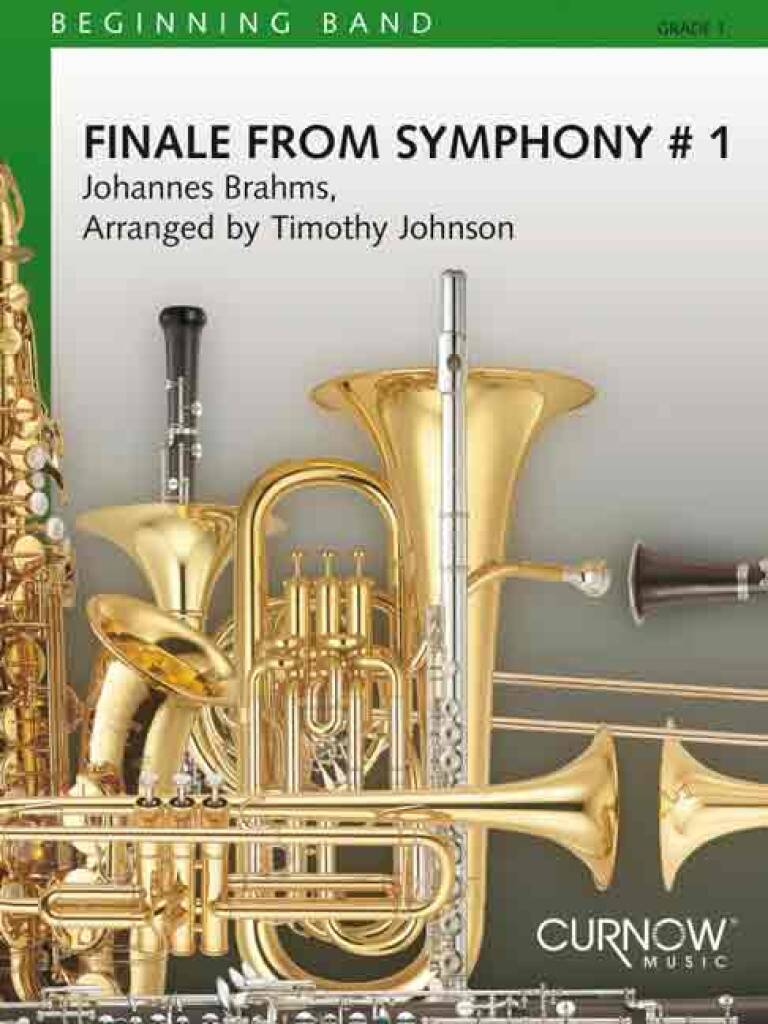 £64.99
£64.99Finale from Symphony No. 1 - Johannes Brahms
Brahms was known to be extremely careful when composing his music. When he decided to compose a symphony he wanted to be sure to exceed the standard that had been set by Beethoven. His first symphony, completed in 1876 when he was 43 years old, took several years to complete because of his attention to detail. This arrangement of the theme from the finale highlight the long, flowing nature of Brahms' melodies. A real treat for any band.
Estimated dispatch 7-14 working days
-
£69.99
-
£82.90
Adagio from: Grande Sonate Pathetique Opus 13 - Ludwig van Beethoven
Estimated dispatch 7-14 working days
-
£79.10
Allegretto de la 7me Symphonie - Ludwig van Beethoven
Estimated dispatch 7-14 working days
-
£95.80
Hymne a la Joie from 9th Symphony - Ludwig van Beethoven
Estimated dispatch 7-14 working days
-
£72.50
-
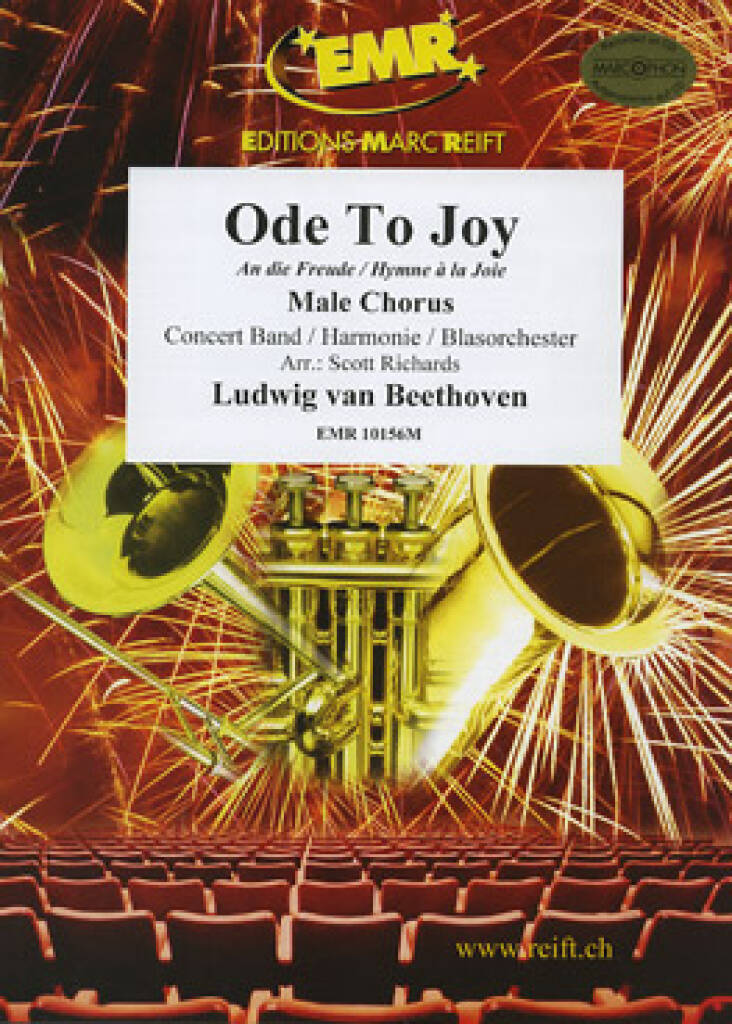 £133.40
£133.40Ode To Joy (+ Male Chorus) - Ludwig van Beethoven
Estimated dispatch 7-14 working days
-
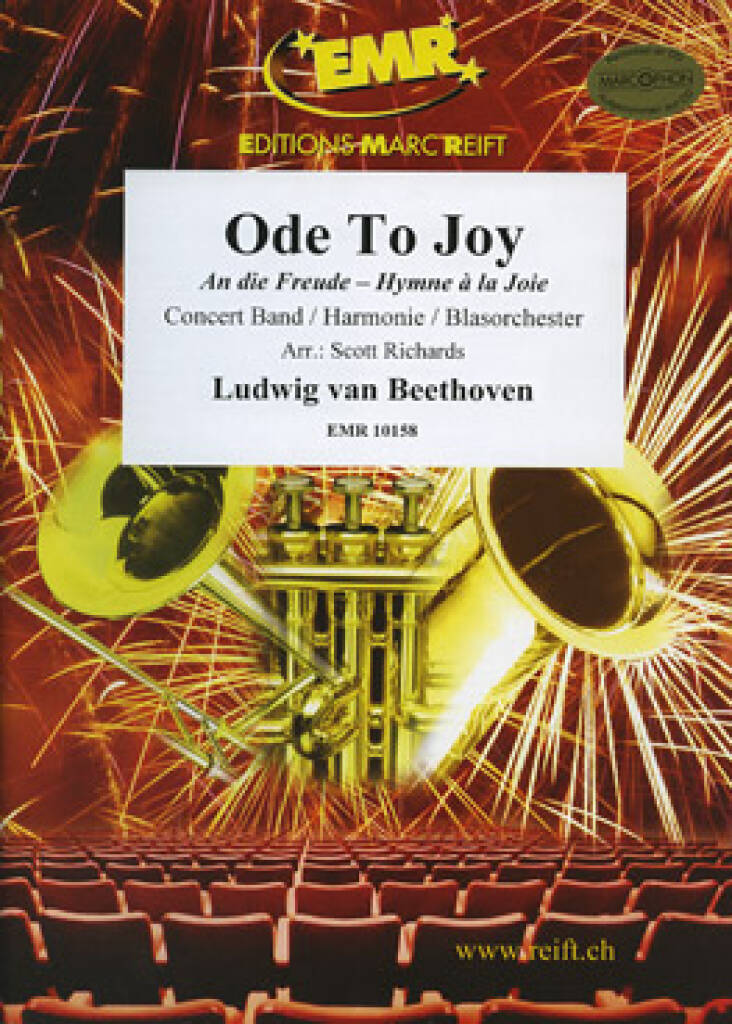 £105.80
£105.80Ode To Joy (An die Freude) - Ludwig van Beethoven
Estimated dispatch 7-14 working days
-
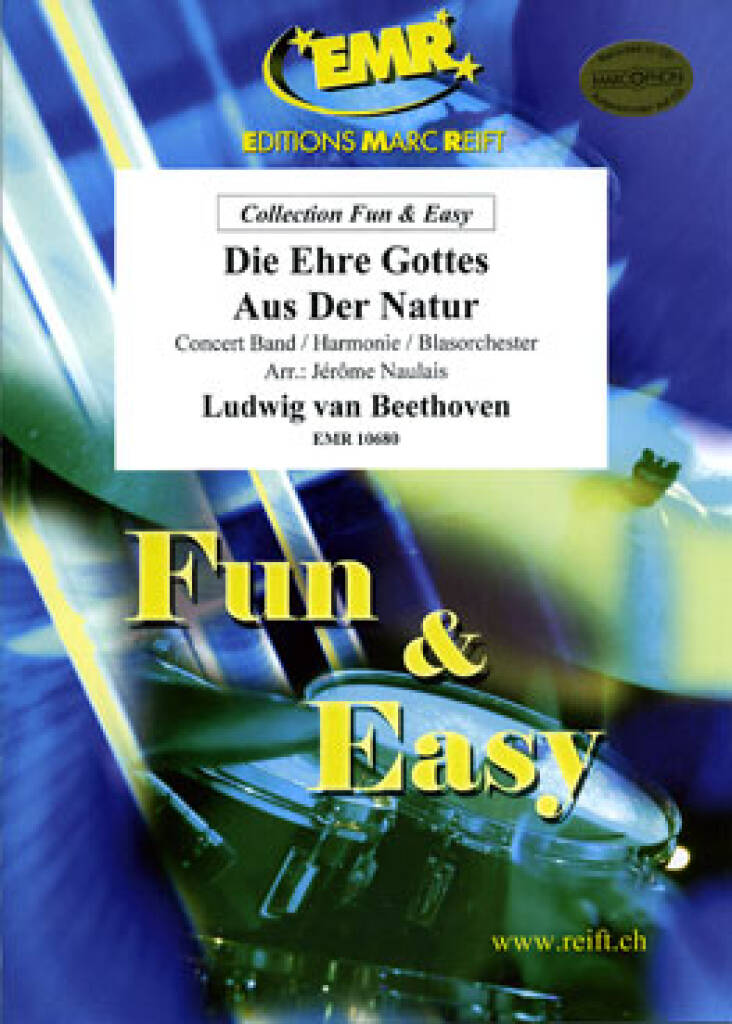 £105.80
£105.80Die Ehre Gottes Aus Der Natur - Ludwig van Beethoven
Estimated dispatch 7-14 working days
-
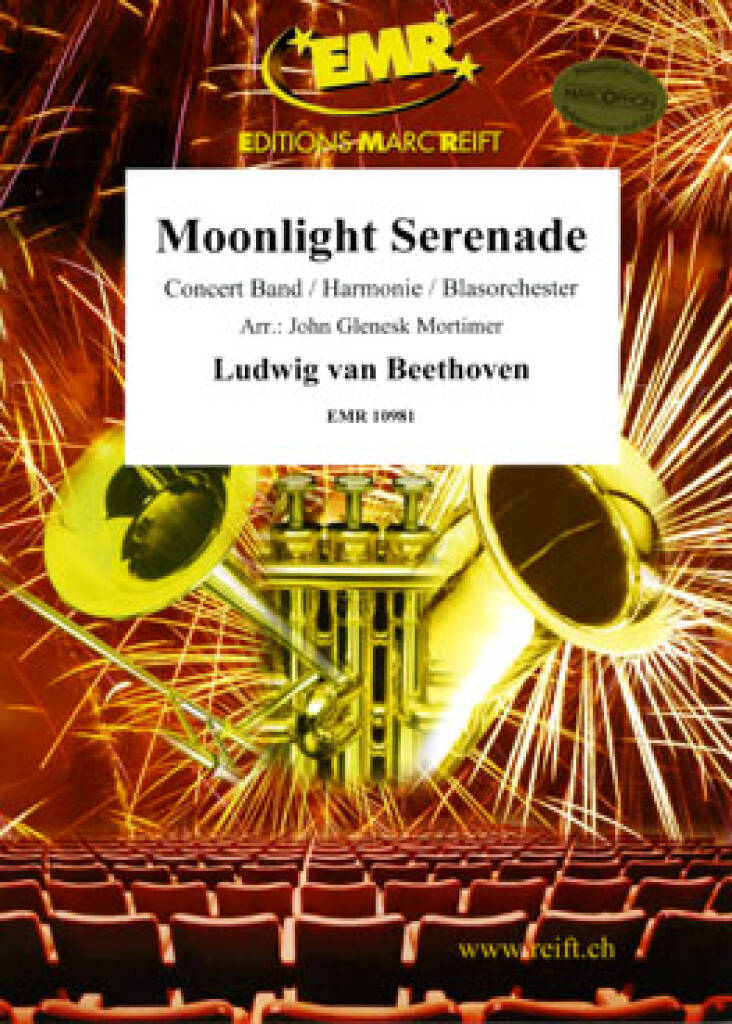 £115.00
£115.00Moonlight Serenade - Ludwig van Beethoven
Estimated dispatch 7-14 working days
